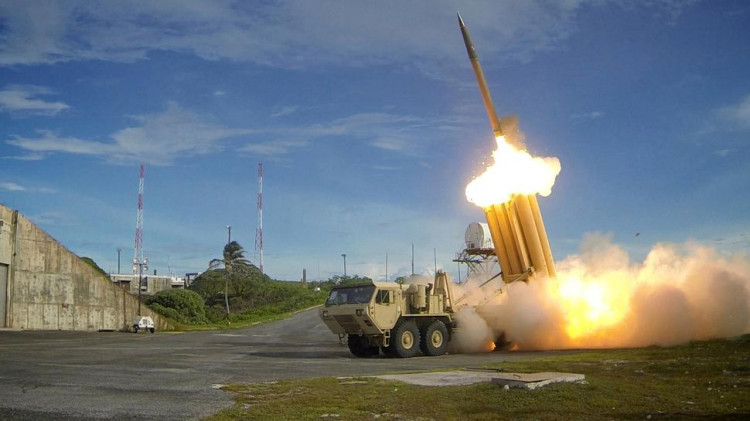While Russian sources describe severe fighting on the southern Ukraine front on Friday, Kyiv maintains its characteristic tight-lipped stance, making the effectiveness of Ukraine's anticipated counteroffensive against Russian occupiers hard to gauge.
The forthcoming counterattack is predicted to enlist thousands of Ukrainian soldiers, trained and equipped by the West. However, Russia, which has had ample time to strengthen its defenses, declares it has thwarted assaults since the beginning of the week. As of yet, Kyiv has not announced the main stage of its offensive.
Reports from Moscow and pro-war Russian bloggers describe heavy skirmishes near the city of Orikhiv on the Zaporizhzhia front. This area forms part of the "land bridge" between Russia and the Crimean peninsula, a possible Ukrainian target.
Ben Barry, a senior fellow for land warfare at the International Institute for Strategic Studies, indicated that confirmed sightings of German-made Leopard tanks and U.S. Bradley armored vehicles near Tokmak, south of Orikhiv, would signify the entry of Ukraine's newly constituted Western-trained and equipped brigades into the conflict.
With up to 60,000 soldiers in 12 brigades at the ready, Kyiv is in a position to choose how many troops to initially deploy and how many to hold in reserve, depending on battlefield developments, Barry observed. He emphasized Ukraine's immediate strategic objective of keeping Russia destabilized to obtain a tactical surprise via deception and camouflage.
The Russian Defense Ministry shared a statement outlining Ukrainian offensive attempts in the southern Donetsk and Zaporozhzhia directions and claimed to have resisted two Ukrainian strikes south of Orikhiv and four near Velyka Novosilka further east.
While Kyiv has reported on fighting in the east, it has refrained from detailing events on the southern front, where its major thrust towards the coast is anticipated.
Kyiv has, however, confirmed some territorial gains in the east around Bakhmut, a location captured by Russian forces last month after the most intense ground fighting in Europe since World War Two.
Meanwhile, the early stages of the counteroffensive have been overshadowed by a massive humanitarian crisis following the destruction of the Kakhovka dam on the Dnipro River. This disaster has forced thousands to evacuate their homes, inflicted significant environmental damage, and is expected to debilitate agriculture in southern Ukraine for decades to come.
Accusations abound as to who is responsible for the dam's destruction, with Ukraine's security service releasing a recording purportedly revealing a Russian soldier admitting to the act. However, Moscow insists that Ukraine is the culprit.
In his latest public address, Ukrainian President Volodymyr Zelenskiy expressed gratitude to the Ukrainian troops and reiterated claims of victory in Bakhmut, but refrained from offering further insights into the ongoing conflict.
In a night marked by Russian air strikes, Ukraine reported it had downed four of six incoming missiles. The Interior Ministry reported one casualty, three injuries, and destruction to four buildings resulting from falling debris.
With both sides engaging in offensive maneuvers deep within enemy territory, it remains unclear when Kyiv will break its silence and announce the main stage of its offensive.






